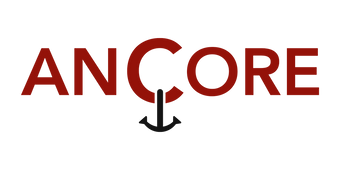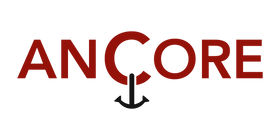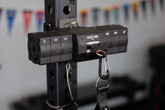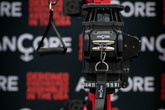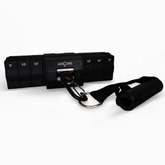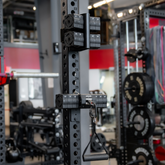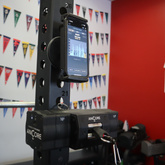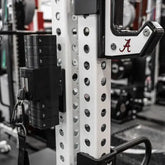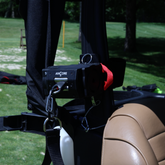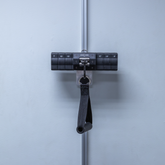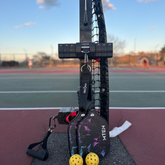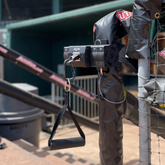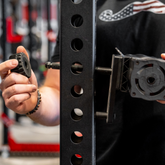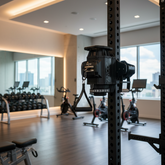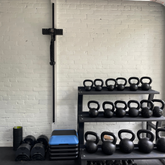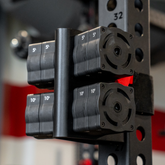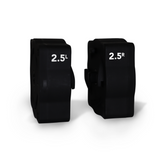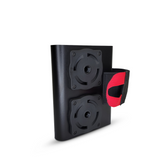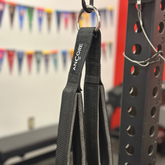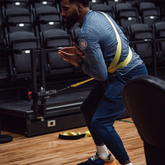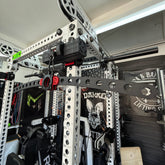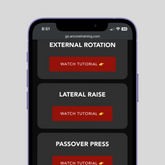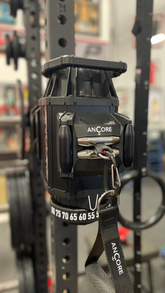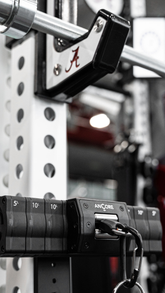#3 The Day I Didn't Try My Best
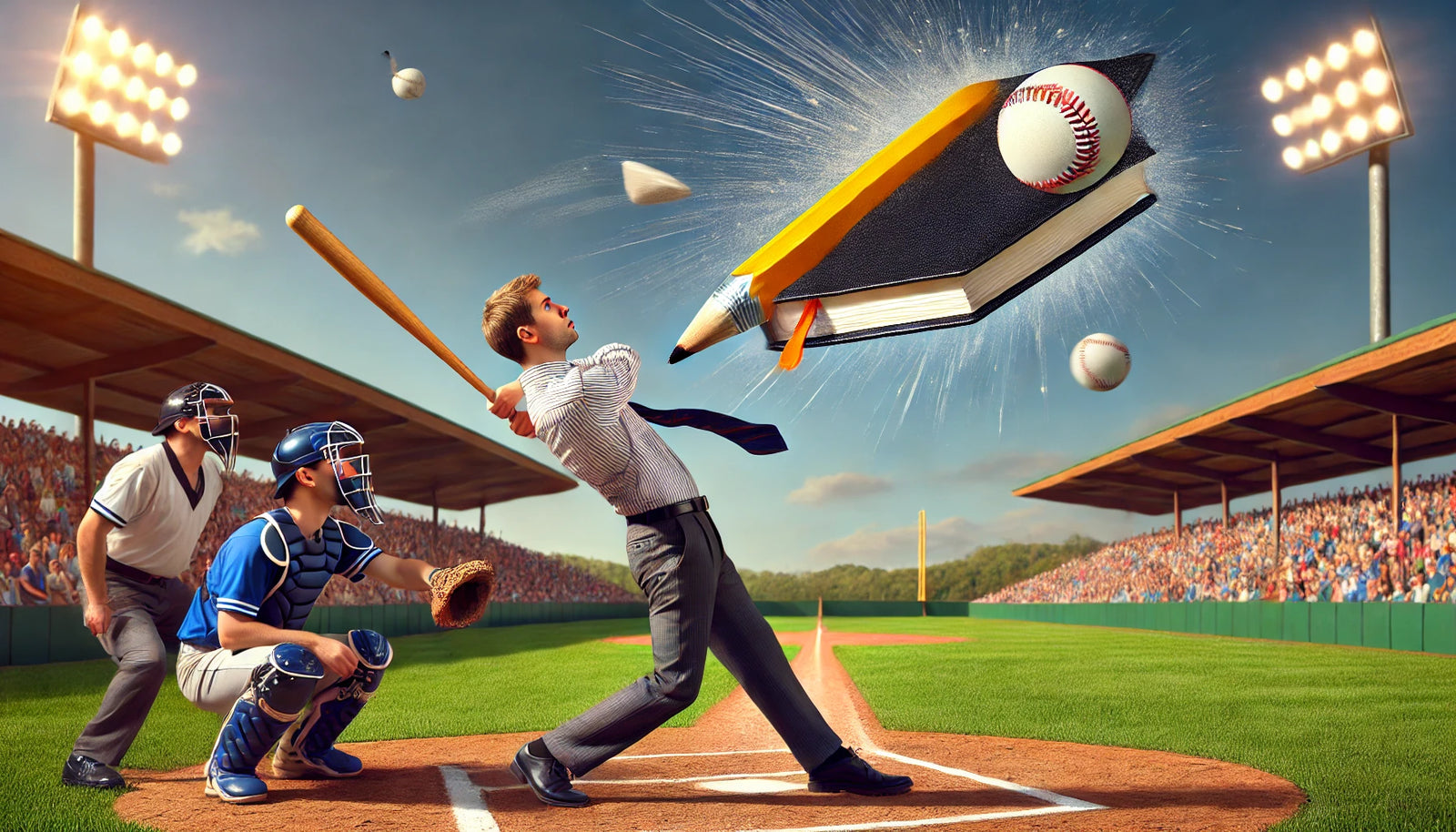
We’ve all said, “I tried my best,” whether after a tough exam, a sporting event, or a presentation. It usually implies, “I did what I could, and the result was out of my control.” Notice, we rarely say it when we win or do well. The phrase has come to mean, “There was nothing more I could’ve done,” but I think it’s lost its true meaning.
When you tell someone, “I tried my best,” what does that really mean? If I don’t study for an exam, train for a sport, or practice a presentation, I can still say I “tried my best” in the moment. But here’s the thing: doing your best isn’t just about that moment—it’s about all the preparation leading up to it.
When an athlete makes an incredible play or a student aces a tough exam, they did their best in that moment and in the moments before. The more you turn your preparation into your best effort, the better your chances when it counts.
That’s not to say you can’t sometimes wing it—I’ve tried that more than I’d like to admit. Sure, it works occasionally, but it’s unreliable. We all knew the kid who could ace exams without studying or the natural athlete who dominated without training. But those are exceptions, not the rule.
The hardest moments are when you know deep down that better preparation could’ve made the difference. That’s the worst feeling.
So, redefine what “trying your best” means to you. If you didn’t prepare, was it really your best?
Inspiration: Shane Parrish
By: Isaac Lewis, November 2024
